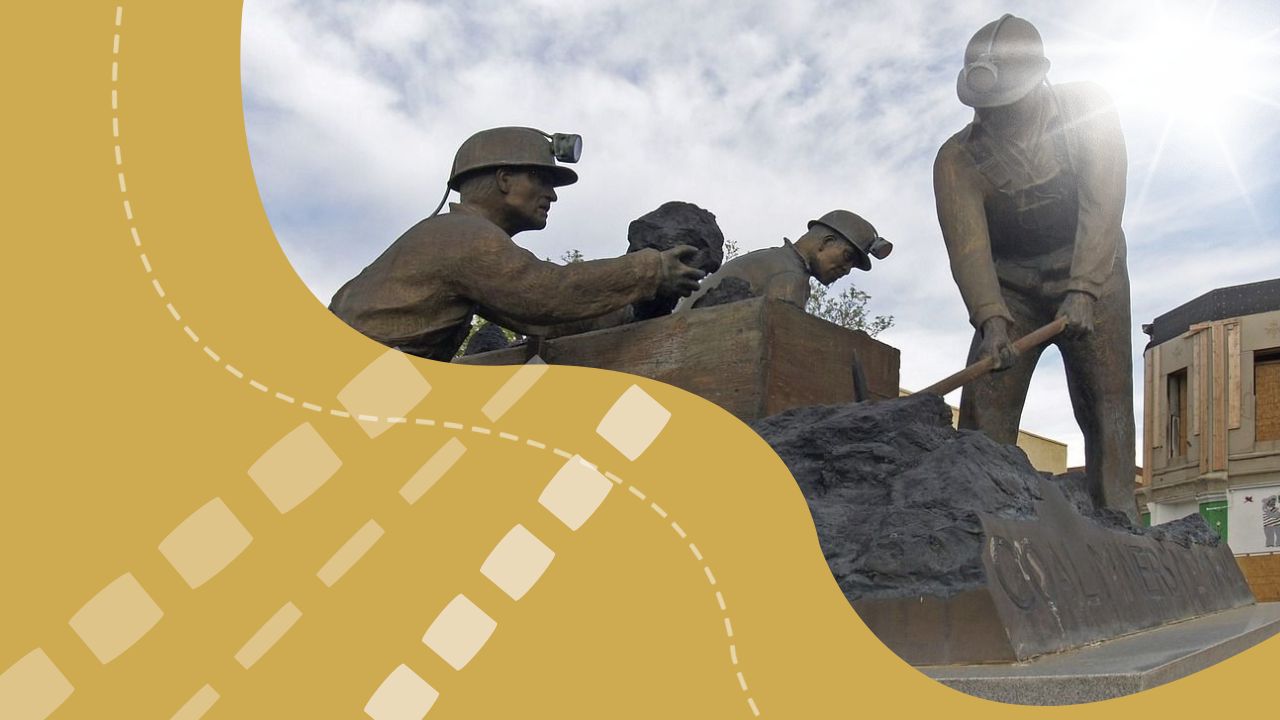Portugal has once again become a focal point in Europe’s race to secure lithium for electric mobility, as the European Commission presses for the removal of barriers delaying mining projects. This comes just as Savannah Resources, a UK-based company, announced a major increase in estimated resources at its Barroso project in Boticas, northern Portugal.
Savannah reported that confirmed resources at Barroso have risen by 40% to 39 million tonnes, with exploration targets potentially lifting that figure to 62 million tonnes. The company suggested that in time, deposits could exceed 100 million tonnes of lithium mineralisation — theoretically enough to supply batteries for 47 million electric vehicles. The project, flagged by Brussels as one of three “strategic” lithium developments in Portugal, benefits from simplified licensing procedures under the EU’s Critical Raw Materials Act.
However, local opposition remains fierce. Communities in Covas do Barroso, environmental groups, and academics argue that the mine would devastate heritage landscapes, deplete scarce water resources, and offer limited returns given Portugal’s comparatively small reserves. Despite being described as Europe’s largest deposit, Portugal holds just 60,000 tonnes of lithium reserves — far less than global leaders such as Chile, Australia, and China, which hold millions of tonnes.
Former PSD environment secretary Joaquim Poças Martins has warned that lithium cannot be a long-term solution for Europe’s energy transition. “You cannot destroy a mountain in order to extract a few kilos of lithium,” he said, pointing instead to hydrogen as a more viable energy storage alternative.
The European Commission, led by President Ursula von der Leyen, maintains that lithium projects are vital for reducing dependence on China and other dominant suppliers. Von der Leyen this week called for urgent action to fast-track such initiatives, citing lithium processing in Portugal as a priority.
Yet Portugal’s environment minister Maria da Graça Carvalho has acknowledged the difficulty of advancing projects “against the will of everyone around you.” Meanwhile, a UN committee recently ruled that Portuguese authorities failed to respect citizens’ rights to environmental information and participation in the case of the Barroso mine.
For residents, the stakes remain high. Campaigner Aida Fernandes of United in the Defence of Covas do Barroso argues the mine represents “destruction in the name of climate protection,” while former mayor Fernando Queiroga has warned that water scarcity could make the project disastrous during drought years.
With Brussels urging speed and locals vowing resistance, Portugal’s lithium question has become a defining test of how Europe balances strategic ambitions with environmental and social sustainability.

